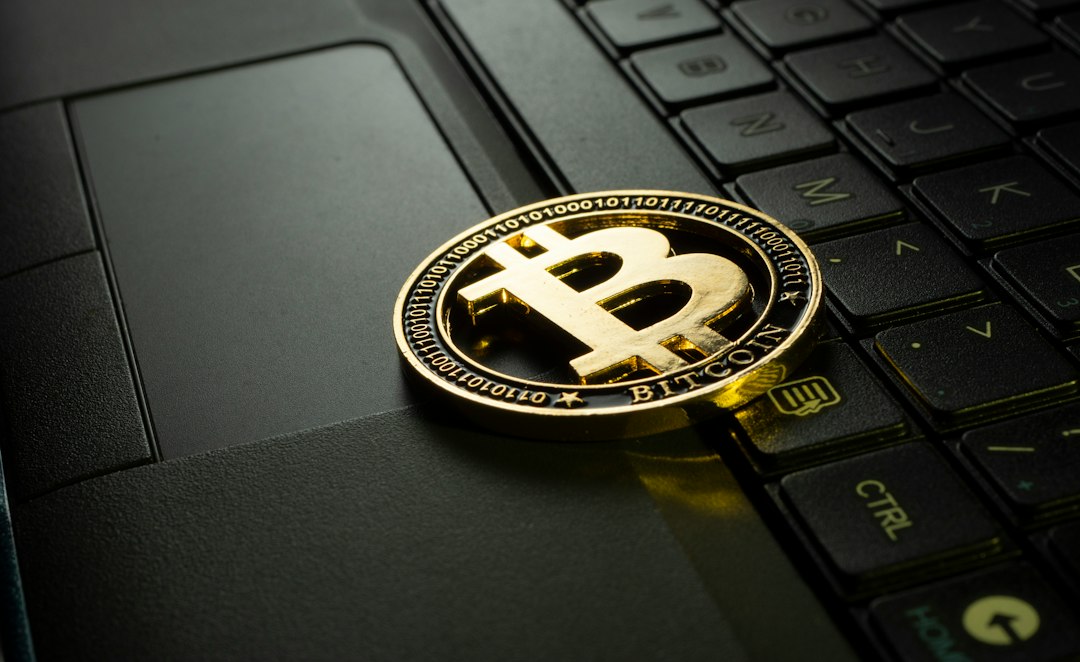Binance.US Removes FDIC Insurance for Customer Deposits
Binance.US has made changes to its terms of services, removing the eligibility of customer deposits for Federal Deposit Insurance Corporation (FDIC) coverage. Previously, deposits were insured up to $250,000. Additionally, the revised terms now require USD withdrawals to be converted to stablecoins or other cryptocurrencies before they can be processed.
Accept or Leave: Binance.US to Customers
The updated terms will come into effect immediately, and by continuing to trade on Binance.US, you are accepting these changes. However, if you do not agree with the new terms, you have the option to close your account as long as it is in good standing.
The previous terms and conditions stated that USD deposits were eligible for FDIC insurance coverage. The exchange has also halted direct USD withdrawals after suspending deposits earlier this year.
Binance.US Market Share Plummets
Following regulatory crackdowns on cryptocurrency in the US, Binance.US has experienced a significant drop in its market share. The US Securities and Exchange Commission (SEC) accused the exchange of inadequate measures against wash trading, causing its market share to fall below 1%. While Binance.US successfully contested the SEC’s attempt to freeze customer assets, the lawsuit damaged its reputation and resulted in decreased trading volumes.
Earlier this year, the US Commodity Futures Trading Commission (CFTC) accused Binance’s global affiliate of allowing US market makers access to its derivatives trading desk. This move further reduced spot and derivative volumes on the global exchange.
Hot Take: Impact of Changes on Binance.US
The removal of FDIC insurance for customer deposits and the requirement to convert USD withdrawals into alternative cryptocurrencies may have mixed effects on Binance.US users. Some see it as a way to reduce dependence on the US dollar, while others are concerned about the reputational issues surrounding certain stablecoins. Binance.US’s market share decline highlights the challenges it has faced due to regulatory scrutiny and legal disputes.





 By
By
 By
By

 By
By
 By
By
 By
By